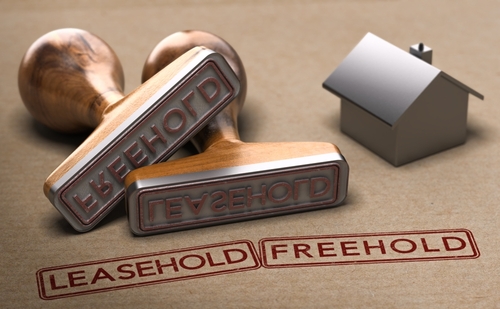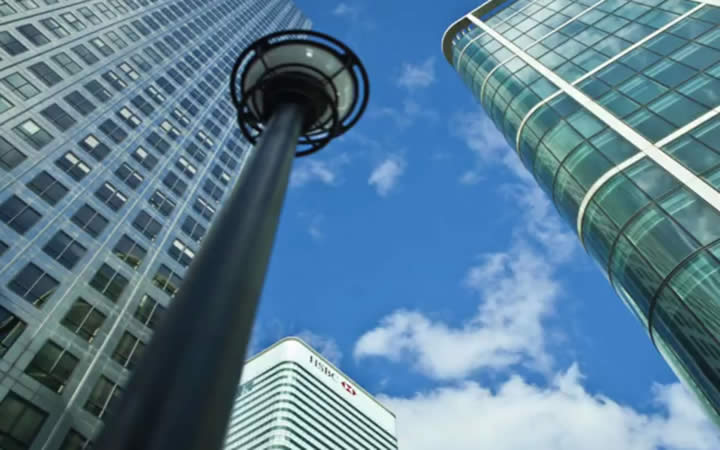Risks involved in DIY conveyancing and why to avoid it
Conveyancing is a complex process and is usually carried out by a licensed conveyancer or a solicitor who specialises in property law. However, in recent years, people have attempted to carry out their own conveyancing, either to save money or because they believe it to be a straightforward process. This is known as DIY conveyancing, and although it could be tempting, it comes with a range of risks that can make it a costly and time-consuming exercise.
To shed some important light on this, we have put together some of the key risks involved in DIY conveyancing and why it should be avoided.
Increased risk of fraud
Conveyancing fraud is a growing problem in the UK, and fraudsters are becoming increasingly sophisticated in their methods. When you carry out your own conveyancing, you may not have the experience or knowledge to identify potential fraud, leaving you vulnerable to scams. For example, a fraudster may impersonate a solicitor or conveyancer and convince you to transfer funds to them instead of the legitimate party.
Inadequate searches
As part of the conveyancing process, various searches need to be carried out to ensure there are no issues with the property, such as outstanding debts or planning restrictions. Licensed conveyancers and solicitors have access to specialist databases and resources that enable them to carry out these searches effectively. If you carry out your own conveyancing, you may not be able to access these resources and could miss important information, putting you at risk of financial or legal issues down the line.
Time consuming
Conveyancing can be a time-consuming process, particularly if you are not familiar with the legal requirements and paperwork involved. If you attempt to carry out your own conveyancing, you could end up spending a lot of time researching the process, completing paperwork, and dealing with legal issues. This can be frustrating and can take up valuable time that you could be spending on other aspects of your life.
Lack of protection
When you use a licensed conveyancer or solicitor to carry out your conveyancing, you have access to certain protections, such as professional indemnity insurance. This means that if something goes wrong, you have a route to compensation. If you carry out your own conveyancing, you do not have access to these protections, leaving you vulnerable if something goes wrong.
Limited access to resources
Finally, if you attempt to carry out your own conveyancing, you may have limited access to resources such as legal advice or specialist knowledge. Licensed conveyancers and solicitors are trained professionals who have experience in dealing with a range of conveyancing issues. They are also able to offer legal advice and guidance throughout the process. If you attempt to carry out your own conveyancing, you may not have access to this level of support, leaving you feeling isolated and unsure of what to do next.
Although may be tempting to try and carry out your own conveyancing to save money, it may end up costing you more in the long run. The process is complex and requires specialist knowledge and experience. By using a licensed conveyancer or solicitor such as Cavendish Legal Group, you can ensure that your conveyancing is carried out effectively and that you have access to the support and protection you need. Find out more about our conveyancing support and contact our team today.






